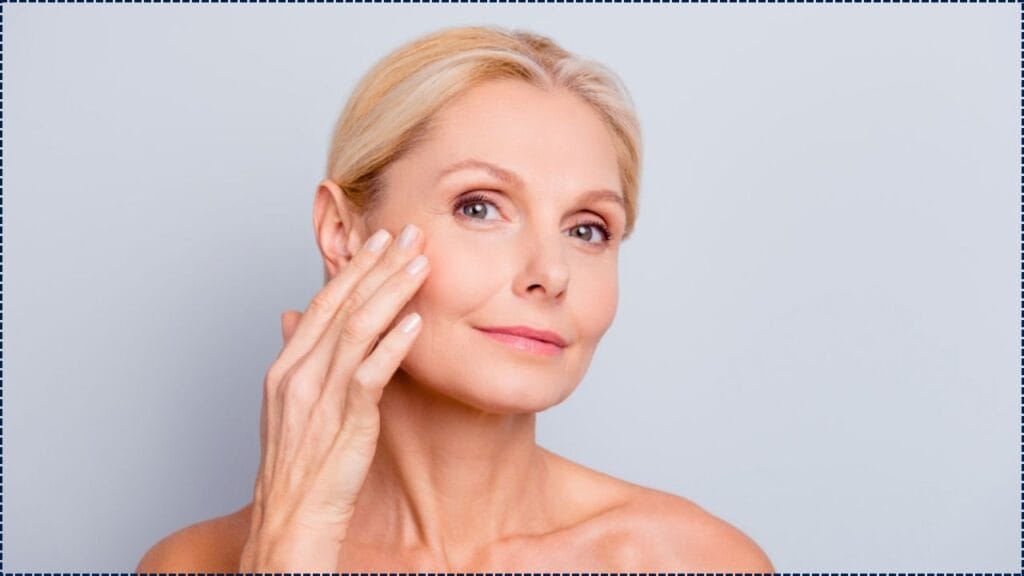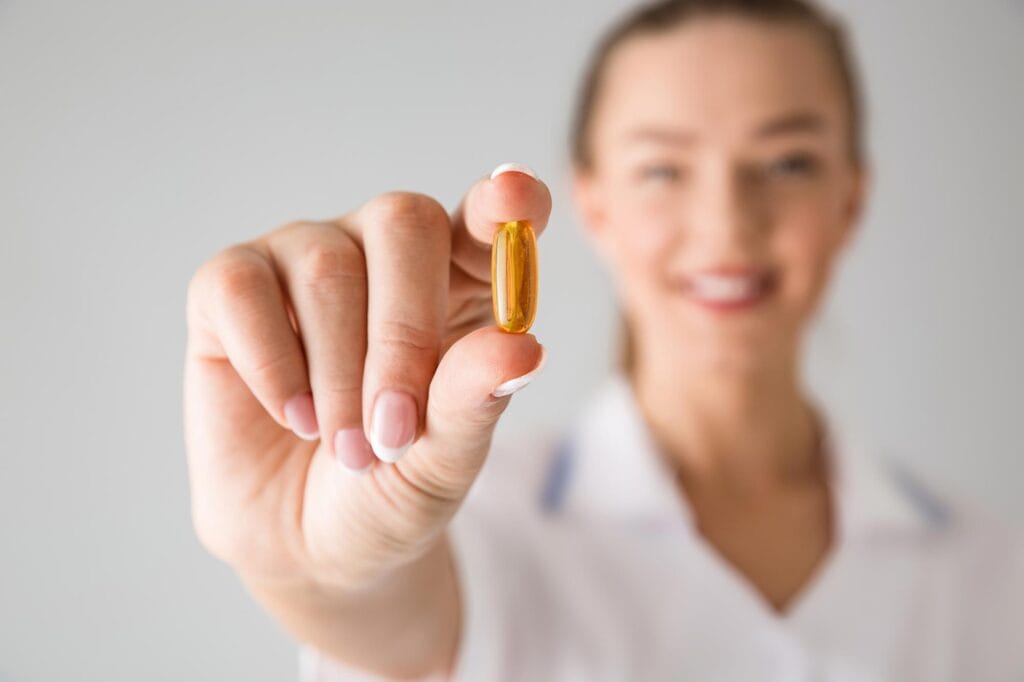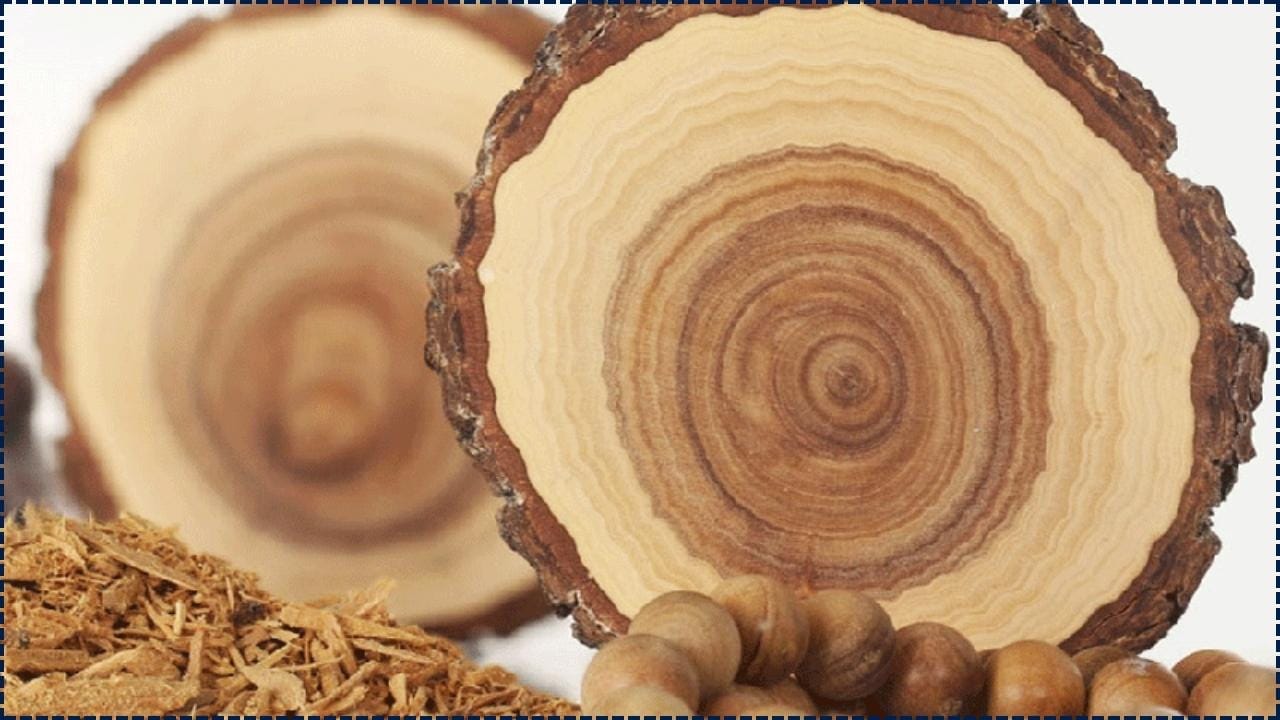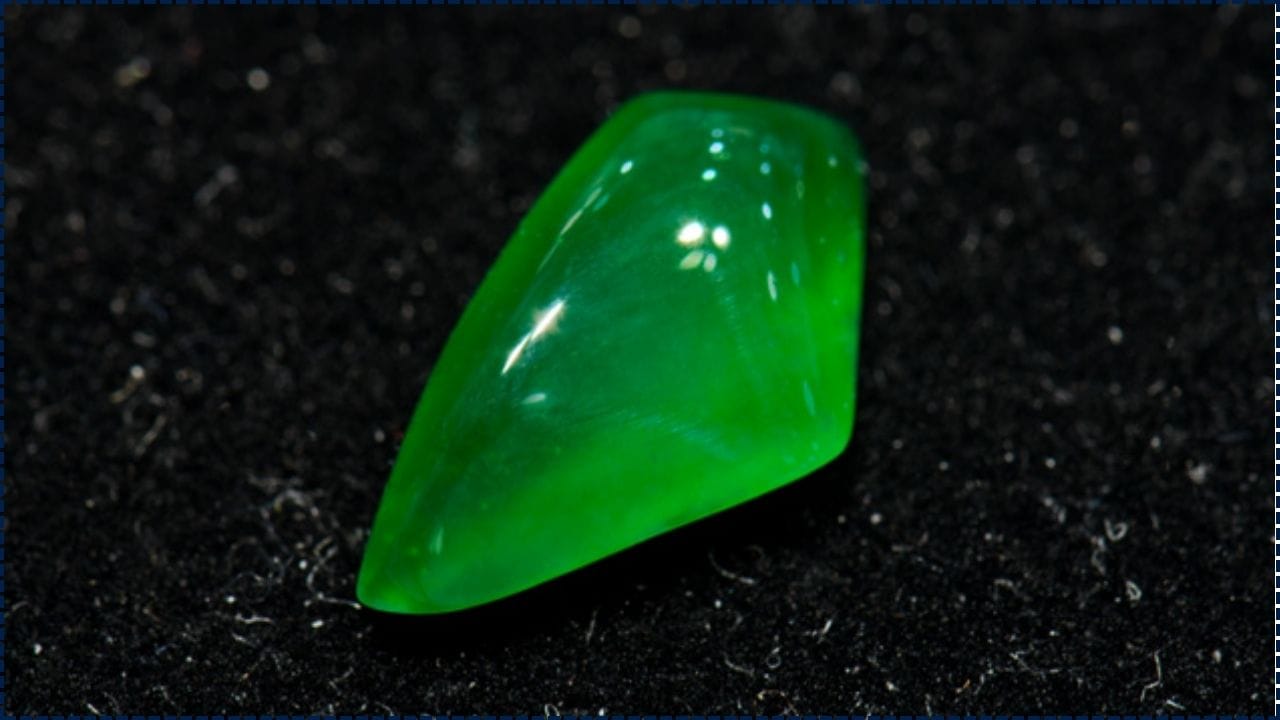In a development that has sent a noticeable ripple—and perhaps a collective sigh—through the vibrant and ever-optimistic biohacking world, a popular anti-aging supplement has been effectively debunked. For many years, taurine, an amino acid, has been widely touted as the next potential miracle elixir, a key to unlocking the secrets of longevity and gracefully slowing the inevitable march of aging. This fervent hope was largely fueled by compelling early rodent trials that showed promising results and a handful of limited, preliminary human studies that seemed to hint at similar benefits.

Before we toss all taurine aside, let’s unpack what this means, why the study matters, and how you can still fuel your wellness stack responsibly.
Popular Anti-Aging Supplement Debunked
| Aspect | What It Means |
|---|---|
| Supplement | Taurine – once thought to be an anti-aging hero |
| Earlier Claims | 2023 study showed 10% longer lifespan in mice, taurine decline with age in cross-sectional human studies |
| New NIH Study | Longitudinal data show no consistent age-related taurine drop across humans, monkeys, and mice—decline tied to sex or species instead |
| Conclusion | Taurine isn’t a solid aging biomarker; benefits more likely from antioxidant effects, not life-span extension |
| Diet vs. Supplement | Most Americans get enough from diet (meat, fish). Only strict vegans may need to consider supplementation |
| Community Shift | Biochalers rethinking stacks—emphasis shifting from hype to evidence-backed supplements |
| Research Reminder | Shows importance of longitudinal vs. one-time measurement |
| How It Helps | Great for hydration, heart health, subtle cell protection; not a fountain of youth |
| Dosage Note | 500–2,000 mg/day is reasonable; quality matters—look for NSF or USP certified brands |
The significant takeaway from this latest research is a crucial one, offering a more grounded and realistic perspective on a nutrient that had captured the imaginations of many: taurine, while undoubtedly a valuable compound, is not the miraculous “fountain-of-youth” that many folks had earnestly hoped for.
This clarity, born from rigorous scientific inquiry, allows us to move beyond exaggerated claims and focus on its genuine benefits. Instead of being a magical elixir to reverse aging, taurine is now understood to be a solid and beneficial health-support nutrient, particularly useful when integrated smartly and thoughtfully into one’s overall wellness strategy.

What Is Taurine—Anyway?
Taurine is a fascinating and crucial amino acid, a fundamental building block that your body naturally produces, underscoring its intrinsic importance for various bodily functions. Beyond what our bodies synthesize, we also regularly obtain this valuable compound through our diets, found abundantly in nourishing sources like fish, meat, eggs, and dairy products. This accessibility means that for many, a healthy diet provides a steady supply of this vital nutrient.
Its widespread presence in our physiological systems is no accident; taurine plays a multifaceted role in maintaining our well-being. It is instrumental in helping our cells maintain their delicate balance, ensuring proper osmotic regulation and cellular integrity.
The New Game-Changer: Long vs. Snapshot Science
Earlier studies took a snapshot: one-time blood tests comparing younger vs. older people and rodents. That’s cross-sectional data. The new NIH study followed the same subjects over time—longitudinal data, the gold standard. Turns out, taurine levels didn’t fall with age—but varied by sex and species instead .
In a nutshell: Just because taurine declines in some older people doesn’t mean it’s part of aging. It’s not a reliable biomarker.
Why Biohackers Are Rethinking Taurine
The total uproar in supplement groups and longevity podcasts shows how eager the community was. Some were taking 2g/day hoping to slow aging. Now? They’re regrouping—but not quitting. Many acknowledge taurine’s health benefits—just not the mythical anti-aging magic.
Should You Still Take Taurine?
Maybe, but with context.
- Yes if you’re vegan/vegetarian and low on dietary taurine.
- Yes for comfort support: hydration, liver, nerves, antioxidant help.
- Skip it if your diet’s balanced—no signs of need.
- Track any new supplementation: note health, sleep, mood changes.
Practical Guide: Smart Supplement Use
1. Check Taurine Levels (If Possible)
Get tested at labs like SpectraCell or LifeLength. You might be surprised how much you’re actually getting.
2. Choose Quality Brands
Pick taurine from NSF or USP–certified manufacturers only.
3. Standard Dose, Not Megadose
500–2,000 mg/day is plenty. No need to chase high numbers for anti-aging.
4. Combine Supportively
Match taurine with:
- Balanced proteins: beef, fish, eggs.
- Lifestyle basics: sleep, sleep, sleep.
5. Monitor Brain & Heart Response
Look for improved hydration, energy, recovery—but don’t expect a rewind of aging.
6. Re-evaluate Annually
If no benefits in 3–6 months, consider pausing. Supplements should support, not replace, healthy routines.
Related Links
Researchers Warn of Fungi That Can ‘Eat You From the Inside Out’ Spreading in New Regions
This Common Supplement Linked to Serious Liver Damage — Check What Doctors Are Warning Consumers About
Cannabis Use Linked to Higher Health Risks — Check What New Study Reveals About Smoking and Edibles
Biohacking Takeaways
- Longitudinal research triumphs: It beats one-off data every time.
- Biomarkers are tricky: Not all that decline with age are markers worth measuring.
- Be wary of trend-chasing: Popular does not equal proven.
- Health beats hype: Real results come from hydration, sleep, movement—not silver bullets.
- Be your own scientist: Track results, adjust, and know your why.
Bridging the Big Picture
Taurine’s rise-and-fall is a perfect example of how anti-aging science needs both excitement and patience. Science evolves: today’s breakthrough becomes tomorrow’s humble step. As longevity enthusiasts, we’ve got to stay curious, cautious—and grounded.
FAQs
Q: Is taurine safe long term?
Generally yes—but stay under 2,000 mg/day. Known safe in animal studies.
Q: Do vegetarians need it?
Possibly, since taurine mainly comes from meat. Might be worth testing.
Q: Can taurine help my workouts?
Yes—cell hydration and recovery can improve—but it’s not required for gains.
Q: What if I’m already taking other anti-aging supplements?
Add it into your stack consciously. It’s not a hero anti-aging ingredient, so treat it like a sidekick.
Q: What’s next in longevity science?
Check future studies on vascular mitochondria, senescent-clearing compounds, and nutrient-sensing molecules like NAD+ and spermidine.








